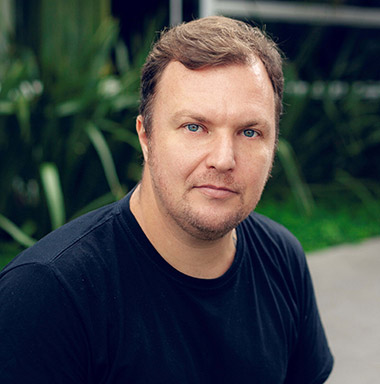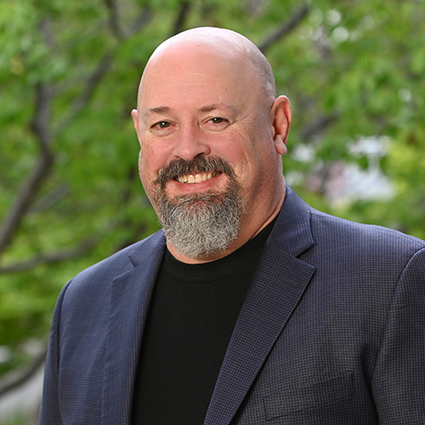

The acquisition brings MAXIS’ expertise in pre-clinical engineering, design validation and verification, regulatory affairs, field clinical services, and trial management to Avania’s contract research and MedTech development capabilities.

The acquisition brings MAXIS’ expertise in pre-clinical engineering, design validation and verification, regulatory affairs, field clinical services, and trial management to Avania’s contract research and MedTech development capabilities.

The doctrine of assignor estoppel is intended to prevent an inventor who has sold or “assigned” a patent from then challenging the patent’s validity. Mauricio Uribe, a patent lawyer with Knobbe Martens, discusses what medical device inventors and acquiring companies should do to ensure they comply with the Supreme Court and Federal Circuit’s clarification of assignor estoppel.

“This report validates the broad applicability—and true value—of computational modeling and simulation as a critical engineering discipline. Tangible cost, quality and performance improvements are being realized by the early adopters.”

Imagine a patient undergoing therapy being relaxed and enjoying the treatment, or receiving rewards for taking medicine religiously and on time. Creating a game-like experience can change patient perception of medical devices from boring or scary to engaging and attractive. This article covers ways to integrate gaming features into your medical devices, why games are so enticing and how they impact human behavior.

“The solution provider that builds the device and creates the algorithm should consider integration and accountability among multiple other challenges. But meeting the needs of the third element in the equation, the doctors, is key.”

Infographics can propel MedTech research and campaigns and enhance the user experience. Here Fabricio Pamplona, co-founder of online infographic maker for scientists Mind the Graph, explores the power of visuals in MedTech and medical communication.

The chronic, progressive presentation of COPD, symptom overlap, and nature of patient self-reporting make it hard to identify exacerbations. We need more specific guidelines around, as well as tools for, assessing a patient’s progression from day to day. AI-supported diagnostic systems represent a potential breakthrough technology that could help us overcome significant knowledge gaps.

“Francis Medical has a powerfully simple and differentiated technology, supported by an outstanding team. I’m excited to add my knowledge and experience to the group and make a meaningful impact as we strive to bring this transformational technology to urologists and their patients.”

The world of medicine has long centered on the central maxim laid out in the Hippocratic Oath, “Do no harm.” When we look at the growth of AI in health care, I say let’s also include a 21st-century addendum, “Do not deceive.”

By deploying connected intelligence systems at a global scale, teams can navigate go-to-market challenges by increasing the transparency and predictability of the complex and divergent global product registration processes.